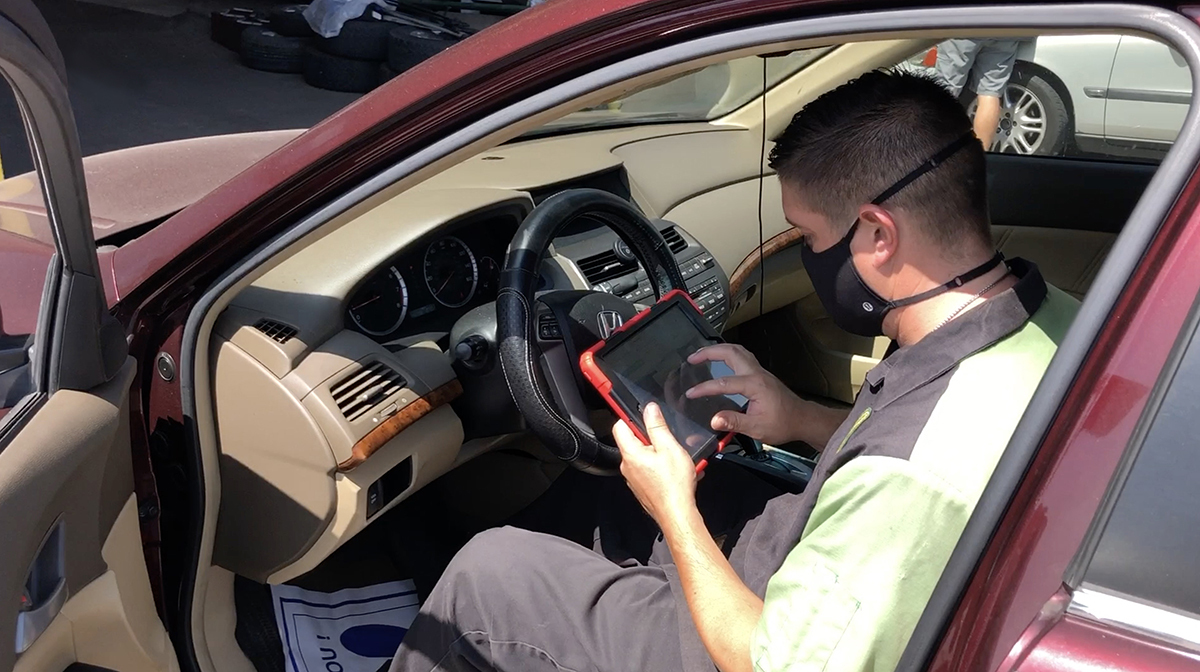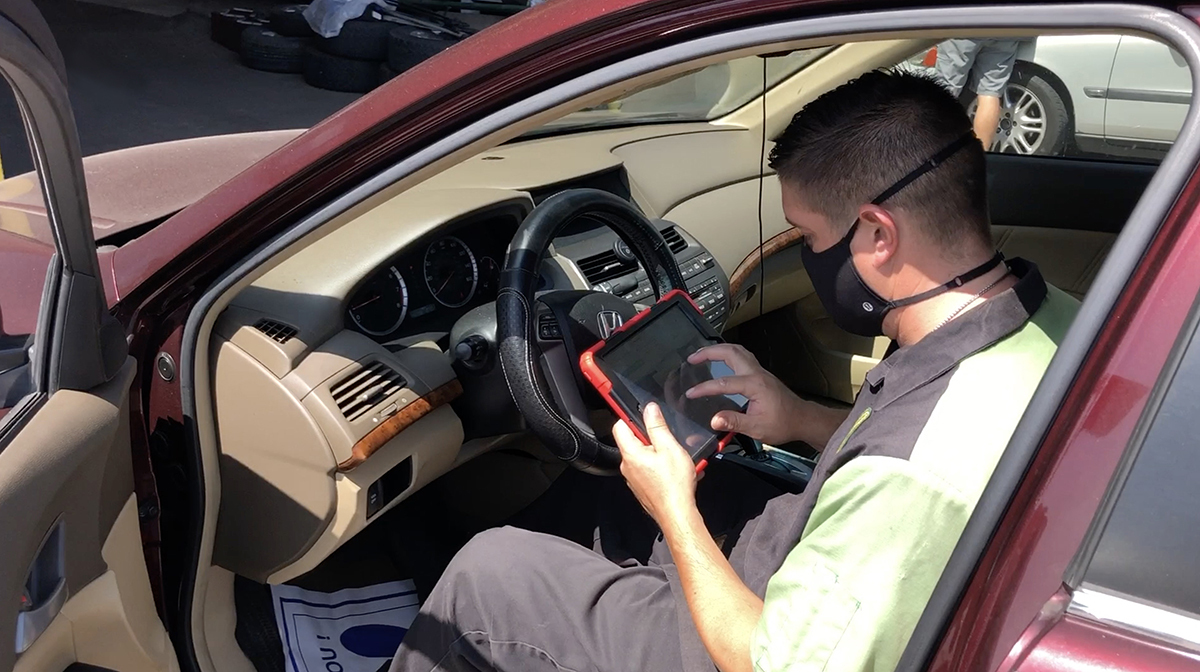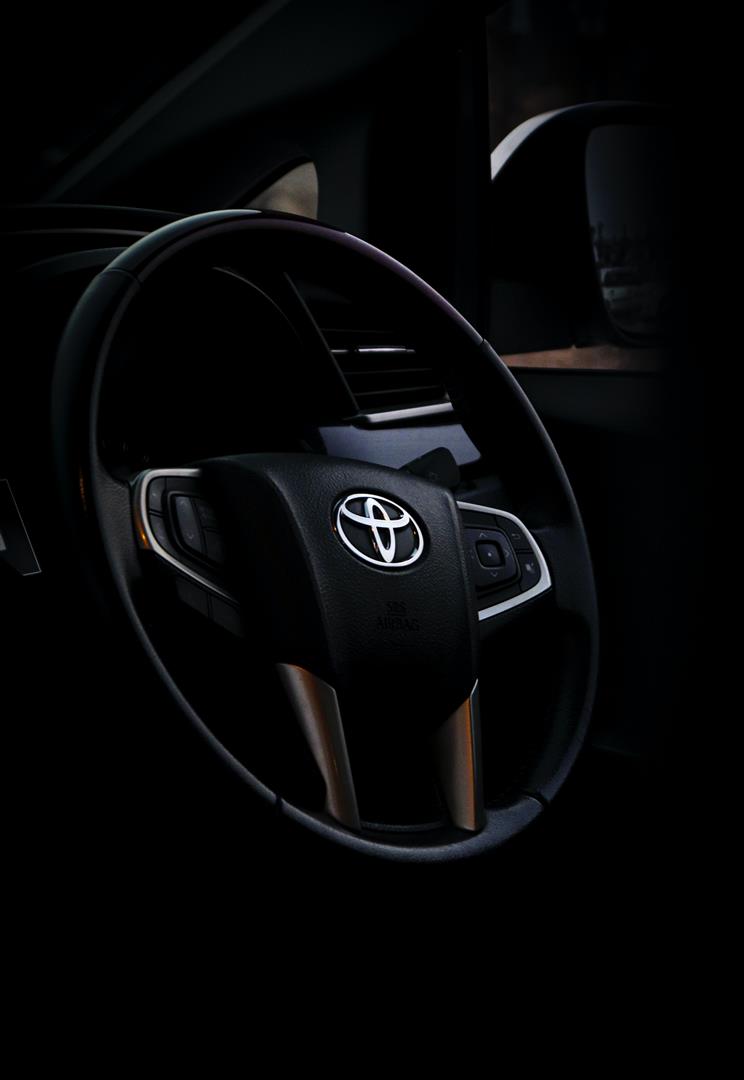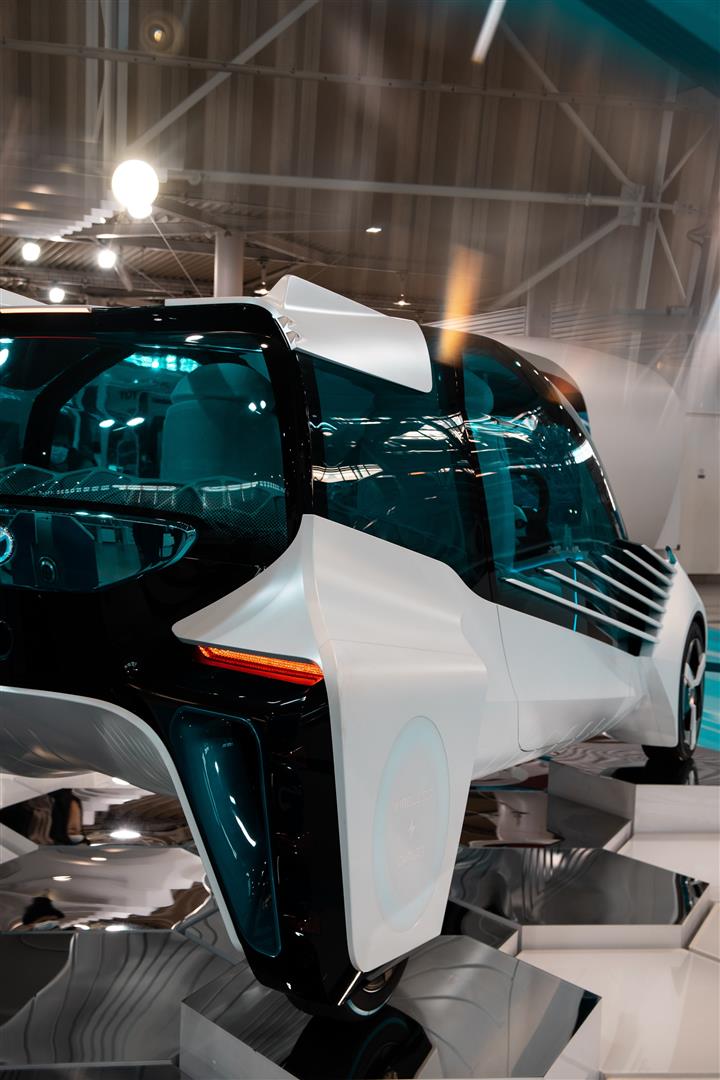Posted on 4/1/2022

Hondas: Fairly Reliable, Even at High Mileage counts! At A+ Japanese Auto Repair, we specialize in Honda service and repair and all other Japanese makes and models. Hondas have long been known for their reliability. Given their reputation, when you purchase a pre-owned Honda, that Honda should last you a very long time -- provided that you take proper care of it, based on the factory recommended services. Honda recommends having their vehicles serviced every 5,000 miles. The services included in regularly scheduled maintenance range from an oil change and tire rotation to air and cabin filter timing belts, replacing spark plugs, draining and filling certain fluids, and flushing certain fluids. How Many More Years Does This Honda Have? If the car has any history of service, that can be useful to determine how fit the car is. Knowing that it has received the manufacturer’s recommended maintenance is a good indicator of the Honda model’s long-term health. Co ... read more
Posted on 3/1/2022

Honda is big at A+ Japanese Auto Repair We deal in ten different Japanese brands at A+ Japanese Auto Repair. One of the most loved brands is Honda! We find them to be very reliable cars if you keep up with the proper maintenance, which is why we recommend them to first-time Japanese car buyers. What do the Honda Service Codes mean? Honda’s manufacturer-suggested maintenance is for every 5,000 miles. There are plenty of engine codes to learn surrounding the engine messages of a Honda. Here’s what the service recommendations mean: Service A is the simple act of replacing the engine oil. Just draining and refilling, nothing more. Service B is all the little things that can cause trouble when left unchecked: replacing the oil filter, a brake inspection, and anything else your owner’s manual deems to be significant at 5,000 miles. Service 1 means rotating the tires and verifying the tire pressure and the con ... read more
Posted on 2/1/2022

Photo by vishal bonthapally on Unsplash A+ Japanese knows, services, and loves Japanese cars. Most people will know by our name alone that A+ Japanese Auto Repair can service your Toyota. But did you know that we also specialize in the Toyota brand? Our shop has long earned a reputation in San Carlos for Toyota service. Many times, San Carlos has voted our shop the #1 Independent Toyota auto repair and service facility. We have ASE-Certified technicians that specialize in Toyota and know it exceptionally well. We happen to love to work on Toyotas, and it’s a treat for us when we can work on something a little unusual to the domestic ones we see. Our brand new client Jon recently brought in his JDM ... read more
Posted on 1/1/2022

Photo by Maximalfocus on Unsplash Cars seem to be advancing very quickly in recent years. The United States of America finally addresses the dependency we place upon oil with new technology. Soon, that technology will become more affordable. Before that, it will become inevitable due to the climate crisis. The first to leap forward will likely bear the highest cost. Environmentally, we are running out of options. Combustion engines are individually not terrible as polluters, but given our dependency on cars for travel in America, there were too many cars not to damage the environment. California, long aware of the cost of heavy pollution, has since taken steps to reduce smog and emissions from vehicles. ... read more
Posted on 11/27/2018

For most people, the name Felix Wankel doesn't ring a bell, but car aficionados around the world are familiar with the pioneering inventor of a one-of-a-kind rotary engine. After the Wankel engine's development, this pistonless powerhouse was often associated with Japanese automaker Mazda, which produced the Mazda Wankel rotary engine from 1967 to 2012. The Engine Truly elegant in its design and function, this rotary engine has no piston-driven cylinders. A single triangular rotor spins around an off-center axle within an oval-shaped chamber. Unlike a piston engine, it exerts exclusively rotational forces using only two moving parts. This simplicity creates fewer vibrations, resulting in a smoother and quieter ride. The Mazda Wankel engine's streamlined design allowed for much faster acceleration, but early models suffered from seal and stability issues during sustained high-speed rotations, which sometimes required ... read more